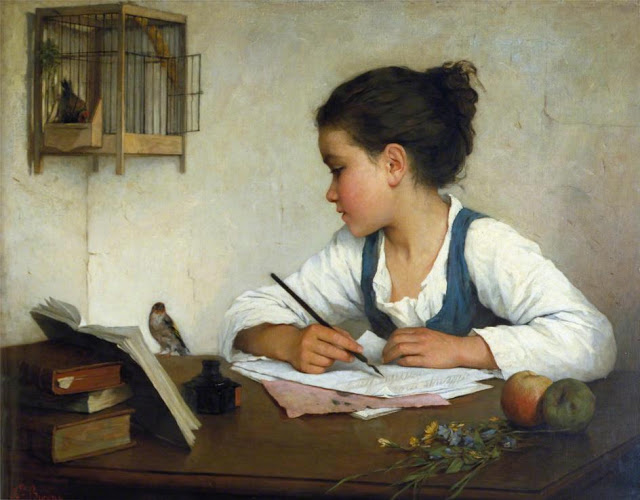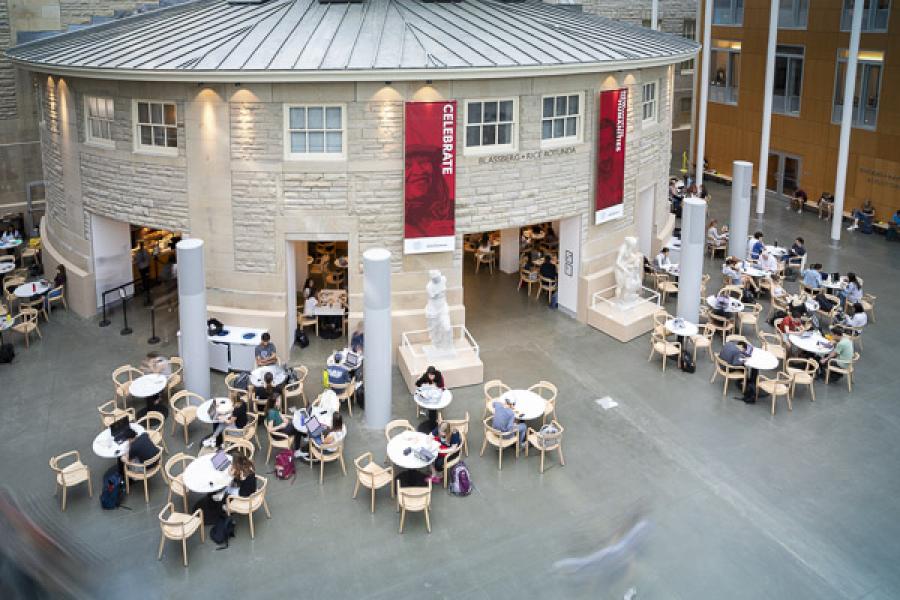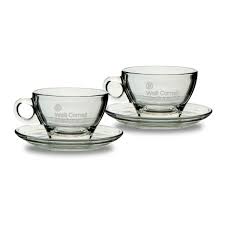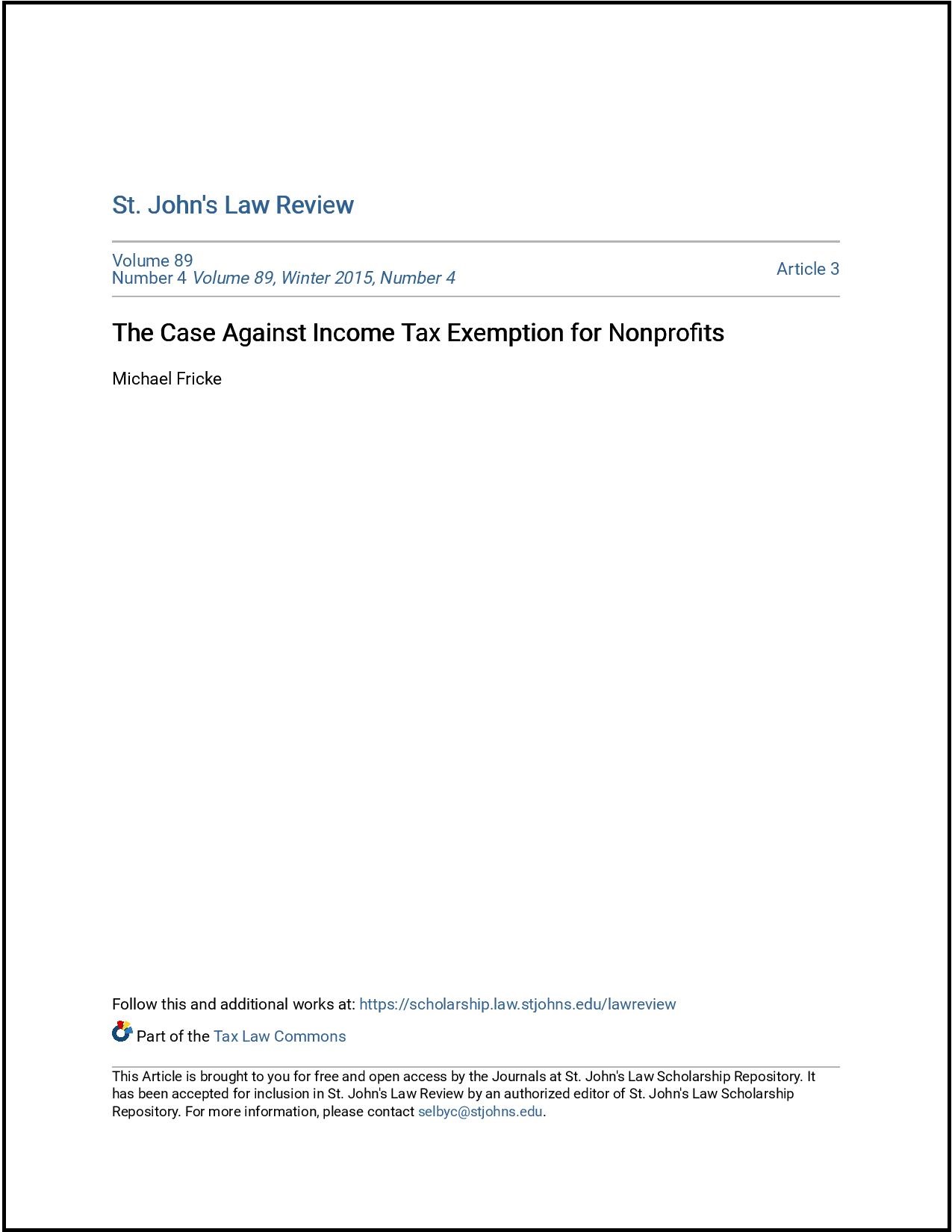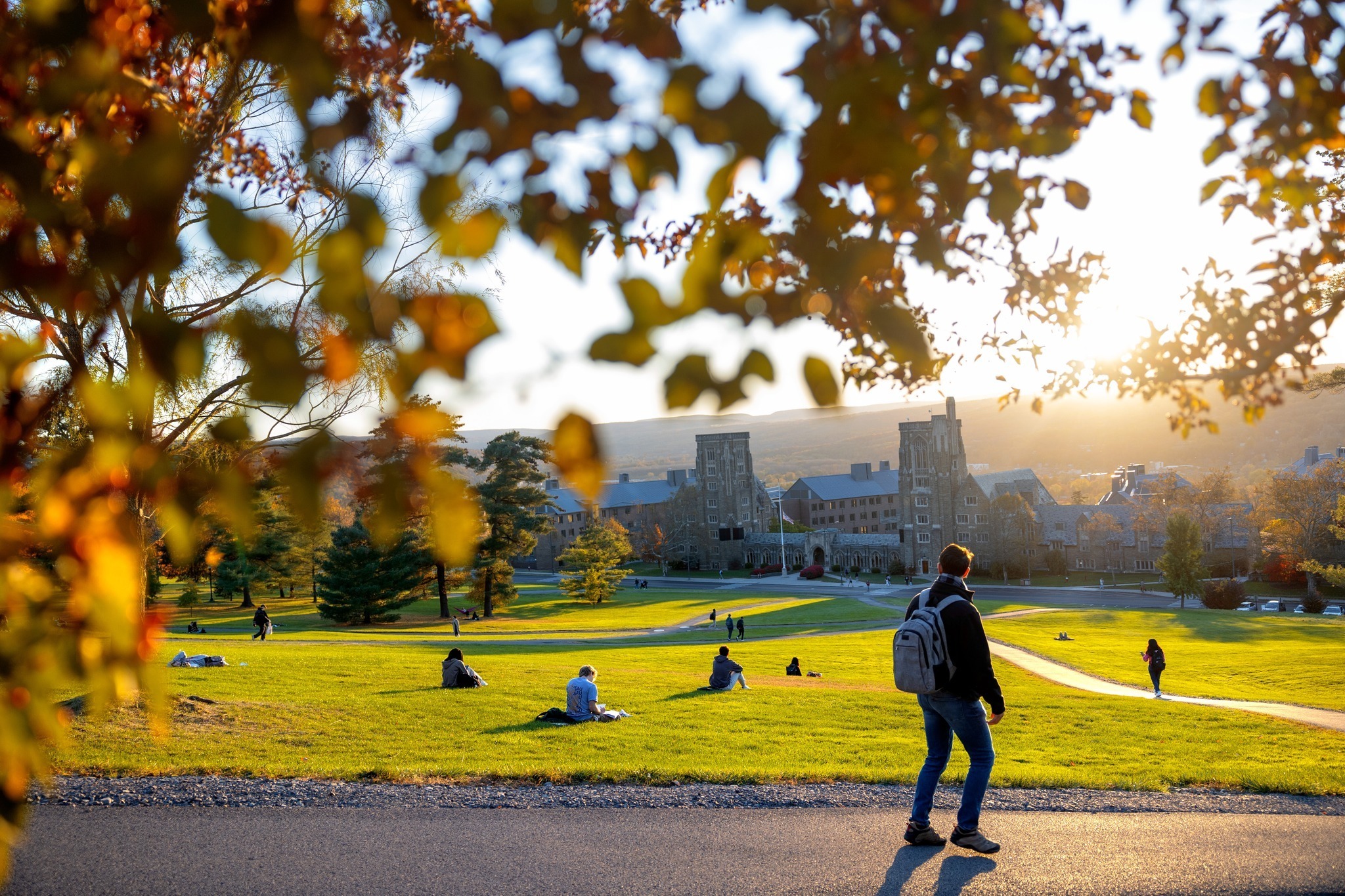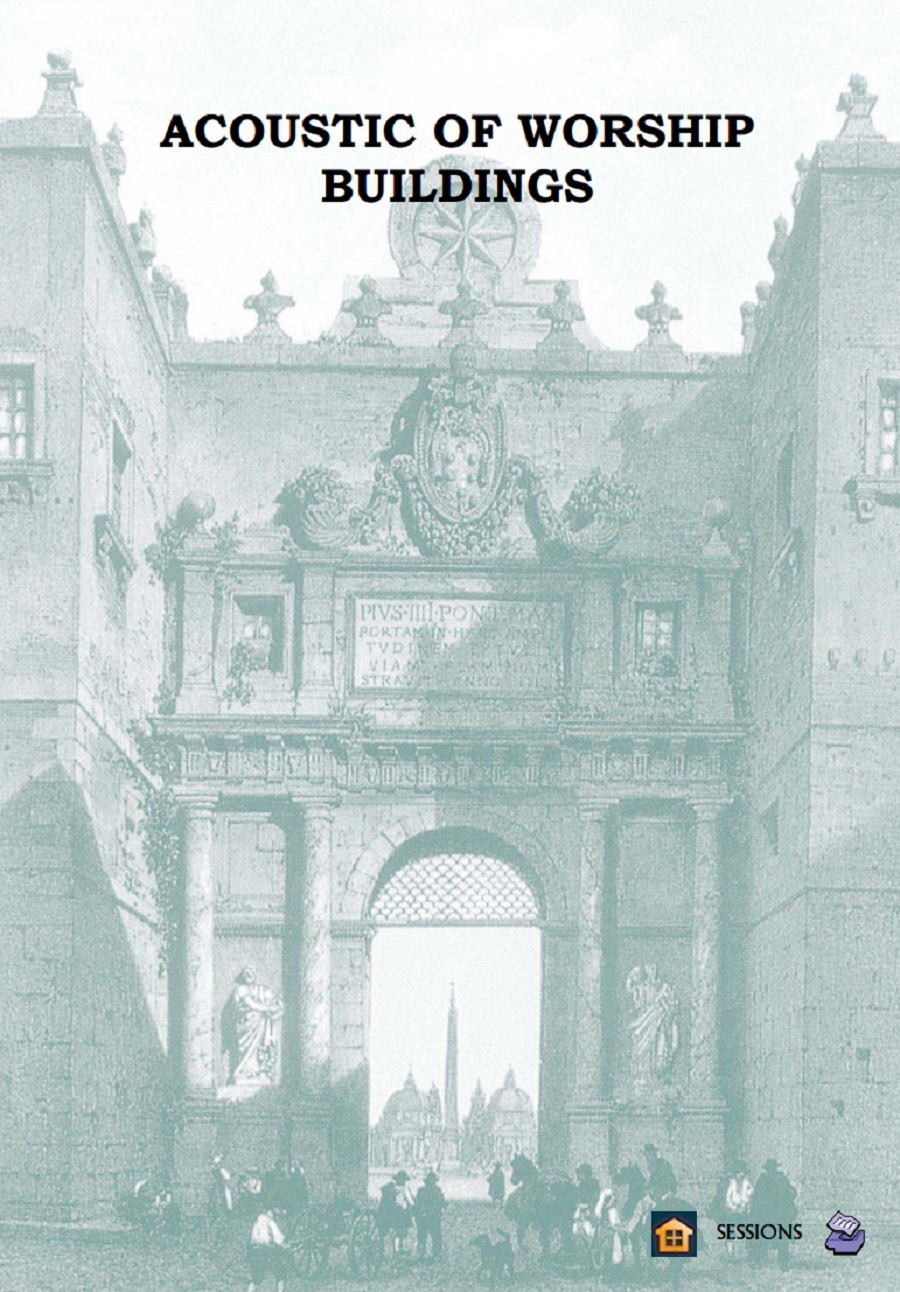![]()
Tag Archives: New York
- Home
- Posts tagged "New York"

2024+ Student Paper Competition
ANSI Student Paper Competition paused for 2025
No award for the 2024 cycle (per COE Chairperson)
The Society for Standardization Professionals Paper Competition 2025
Updated January 7, 2024
For nearly twenty years now, the American National Standards Institute Committee on Education administers a student paper competition intended to encourage understanding of the global standards system that also provides a solid prize — in the $1000 to $5000 range. The topic of the 2024 Student Paper Competition will be What Role Do or Could Standards Play in Safe and Effective Implementation of Artificial Intelligence Applications/Systems?
Student Paper Competition Flyer 2024 – Entries due 7 June 2024
For the past six years Standards Michigan has hosted Saturday morning workshops to help students (and faculty) interested in entering the contest. We will soon post those dates on our CALENDER. We typically host them — three sessions ahead of the deadline — on Saturday mornings.
We provide links to previous paper winners and refer you to Lisa Rajchel: lrajchel@ansi.org for all other details.
Related:
“Normal” Things Americans Do That The Rest Of The World Will Never Understand
ANSI Accredited Standards Developers | Contact Information
ANSI 2019 Student Paper Winner: Cybersecurity & Ukraine Power Grid Attack
2019 Student Paper Winner / Standards in Crisis Prevention & Response:
2016 Student Paper Winner | Life, Liberty and Pursuit of Happiness
Temple of Zeus
Consolidated Financial Statements – June 2024: Net Position $19.548B (Page 4)
The Temple of Zeus is a popular café located in the Groos Family Atrium of Klarman Hall at Cornell University in Ithaca, New York. Established in 1964, it began as a modest coffee and donut operation in a basement storage room in Goldwin Smith Hall, designed as a neutral space for students and faculty to meet. The café’s name comes from plaster casts of statues from the Temple of Zeus in Olympia, purchased by Andrew Dickson White in 1881, some of which still decorate the Arts & Sciences Career Development Center and Klarman Hall atrium.
Since moving to Klarman Hall in 2016, the café has grown significantly, serving nearly 900 customers daily. It offers a menu focused on healthy, locally sourced food, including creative soups (like Choklay’s Lentil, Tomato Garlic, and Curried Cauliflower), made-to-order sandwiches, salads, and baked goods. Beverages include locally roasted Copper Horse Coffee and Gimme Coffee, with a discount for bringing your own mug. The café is known for its vegetarian and vegan options, yogurt from Ithaca Milk, and seasonal fruit from local growers.
The current space is bright and spacious with 170 seats, a stark contrast to its original dingy basement setting with recycled Navy ROTC furniture. It’s a vibrant hub for students and faculty, fostering a communal atmosphere. The café employs four full-time staff, two student managers, and 50 student workers, and is managed by Keith Mercovich, who emphasizes high-quality, healthy food. It operates Monday through Friday, 8:00 AM to 3:00 PM, and is closed on weekends.
Historically, it was a gathering spot for notable faculty like Archie Ammons and Roald Hoffmann, and it remains a cherished part of Cornell’s campus culture, with a 2017 petition ensuring its name remained unchanged despite rumors of a potential rename. The café also faced a temporary closure in 2020 but reopened with a simplified menu focusing on classics like soups and scones.
For these two Cornellians, sustainable travel is in the “bag.”
Married couple Quinn Cox ’’5 and Lilia Karimi ;15 pioneered a simple — but ingenious — way for hotel guests to donate unwanted items
Read more about their efforts and how it all started on the Hill at… pic.twitter.com/WrLmLQZw5I
— Cornell University (@Cornell) June 5, 2025
Fake Professor
University Facilities & Services
🎤 “Sometimes ask about the weather…”#TTPD pic.twitter.com/Oq4oJ6JumF
— University of Rochester (@UofR) April 19, 2024
Spring is springing 🌸🌤️ pic.twitter.com/EErJ53TAXt
— University of Rochester (@UofR) February 27, 2024
A Rochester study shows watching and discussing movies about relationships is as effective in lowering divorce rates as marriage counseling
So go ahead and put “Love Story” and “The Way We Were” on your streaming list#URochesterResearch #ValentinesDayhttps://t.co/ruGJvT8S2L pic.twitter.com/IwO9kiifYz
— University of Rochester (@UofR) February 14, 2024
Laundry Hacks
New York University Facilities Management
Washing in the Outer Hebrides 🎶 pic.twitter.com/3WbpVpviyg
— Fraser. (@frasercontra) August 10, 2023
Turkey Pot Pie Soup
Cornell University Dining: Student & Campus Life
Ingredients:
- 1/4 cup flour
- 2 cups turkey stock
- 4 cups fat free milk
- 2 large celery stalks, chopped
- 1 1/2 cups chopped onion
- 8 oz sliced cremini mushrooms
- Salt and pepper to taste
- 2 Tablespoons chopped parsley
- 8 oz frozen peas and carrots
- 1 teaspoon turkey bullion
- 2 medium potatoes, cubed small
- 16 oz cooked turkey breast, diced small or shredded
Directions:
- 1.Create a slurry by combining 1/2 cup of the cold broth with flour in a medium bowl and whisk until well blended. Set aside.
- 2.Pour remaining broth and milk into a large pot and slowly bring to a boil.
- 3.Add celery, onion, mushrooms, parsley, fresh pepper, frozen vegetables, and bullion, and return to a boil. Partially cover and simmer on low until vegetables are soft, about 20 minutes.
- 4.Remove lid, add potatoes and cook until soft, about 5 minutes.
- 5.Add turkey, and slowly whisk in slurry, stirring well as you add. Cook another 2-3 minutes, until soup thickens, adjust salt and pepper to taste and serve.
*Recipe from Skinny Taste
Nutrition Information: 1 1/3 cups| servings per recipe: 8 | Calories: 192, total fat: 2 g, saturated fat: 0 g, trans fat: 0 g; cholesterol: 1.3 mg, sodium: 159 mg, carbohydrates: 27 g, fiber: 8.3 g, sugar: 8.5 g, protein: 18 g
History of Western Civilization Told Through the Acoustics of its Worship Spaces
Abstract. Insights into the history and future of western civilization are found by applying information theory to the acoustical communication channel (ACC) of its worship spaces. Properties of the ACC have both influenced and reflected the choice of message coding (e.g., speech or music) at various times. Speech coding is efficient for acoustically dry ACCs, but hopeless for highly time-dispersive ACCs. Music coding is appropriate for time dispersive (reverberant) ACCs. The ACCs of synagogues, early Christian house churches, and many Protestant churches are relatively acoustically “dry” and thus well suited to spoken liturgies.
The spoken liturgy, dominant in synagogues, was carried over to early Christian churches, but became unworkable in Constantinian cathedrals and was largely replaced with a musical liturgy. After a millennium, the cathedral acoustic was altered to suit the doctrinal needs of reformation churches with its renewed emphasis on the spoken word. Worship forms continue to change, and the changes are reflected in the properties of the ACC. The pulpits of electronic churches may be evolving into radio and television performance spaces and naves into worshipers’ living rooms.
"Shenandoah" | King's College Choirhttps://t.co/VRpzzKPoKA@ChoirOfKingsCamhttps://t.co/1arQmfueQ0 pic.twitter.com/QcyPr56n52
— Standards Michigan (@StandardsMich) September 10, 2023
The Art of Harmony
“Music is often called a universal language.
Why can we listen to Mozart’s sonatas or Bach’s compositions a thousand times and still find joy?
Music’s layers of meaning are inexhaustible. Even centuries later, these masterpieces continue to teach us about… pic.twitter.com/Pq8SHCRpub
— Peterson Academy (@petersonacademy) November 23, 2024
“FDSC 4300: The Science and Technology of Beer”
Professor Karl Siebert, who teaches FDSC 4300, The Science and Technology of Beer, demonstrates how to properly pour a beer and discusses the sensory experience of beer appreciation. In a recent study, Siebert identified the key component in a ‘perfect’ head of beer: a barley protein known as Lipid Transport Protein 1 or LPT1.
Food Science Professor Karl Siebert teaches "FDSC 4300: The Science and Technology of Beer"@Cornell @CornellCALShttps://t.co/u9mHiibrg2 pic.twitter.com/ESZlcK2klk
— Standards Michigan (@StandardsMich) April 28, 2023
does your campus have a beer garden? pic.twitter.com/H19GxQd0Eu
— Alexander Ahammer (@AhammerAlex) May 5, 2023
How Do You Measure the Percentage of Alcohol in Beer, Wine and Other Beverages?https://t.co/WitMHCUKGdhttps://t.co/VS3p32cdGd@NIST pic.twitter.com/FPKBBSari9
— Standards Michigan (@StandardsMich) November 28, 2022
New update alert! The 2022 update to the Trademark Assignment Dataset is now available online. Find 1.29 million trademark assignments, involving 2.28 million unique trademark properties issued by the USPTO between March 1952 and January 2023: https://t.co/njrDAbSpwB pic.twitter.com/GkAXrHoQ9T
— USPTO (@uspto) July 13, 2023
Standards Michigan Group, LLC
2723 South State Street | Suite 150
Ann Arbor, MI 48104 USA
888-746-3670



